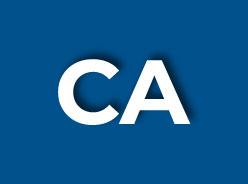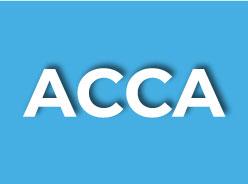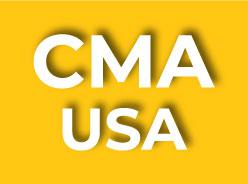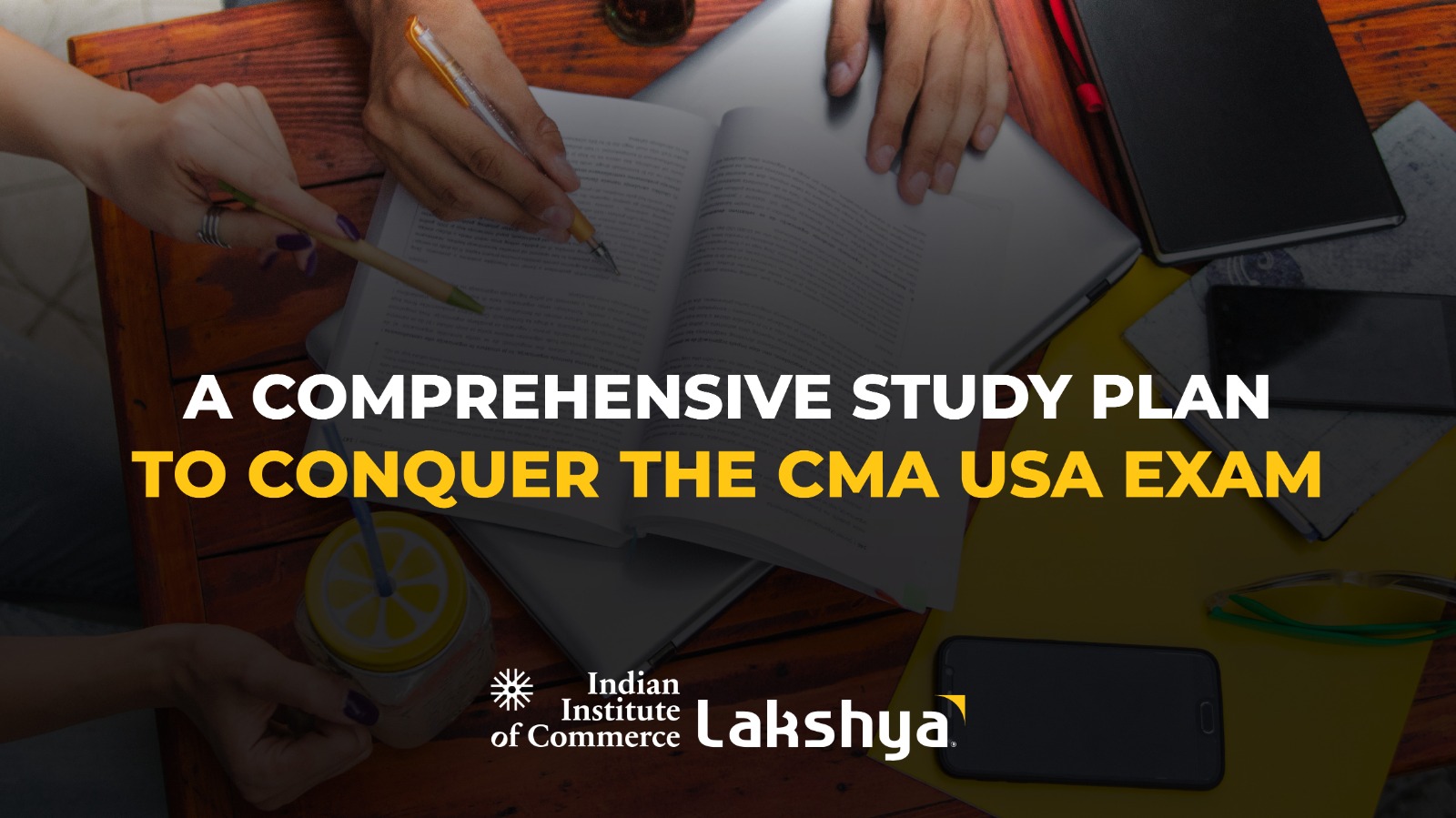Starting the path to earn your Certified Management Accountant (CMA) designation is a life-changing experience that leads to bright futures in the field of management accounting. The Financial Reporting, Planning, Performance, and Control and Financial Decision Making sections of the two-part CMA USA test are well known for their thoroughness and rigorous assessment of applicants' knowledge and abilities. A well-organized study plan serves as your compass as you embark on this demanding yet rewarding road, assisting you in navigating the intricacies of the exam procedure.
We'll look at the essential elements of a study plan in this blog article that will help you succeed on the CMA exam by guiding you through its complex landscape.
Every element of a comprehensive approach, such as knowing the format of the test and establishing reasonable objectives, choosing the best study resources, participating in active learning, and consulting an expert, is important. This all-inclusive approach guarantees that you will acquire the practical skills required in the ever-evolving field of management accounting in addition to understanding the essential theoretical ideas. So buckle up, because we are about to set off on a journey to conquer the CMA USA exam and open the door to a world of career progression and success.
Understanding the CMA Exam Structure:
A successful study strategy starts with an understanding of the structure of the CMA exam. Candidates must have a thorough understanding of the structure and relative importance of each of the two sections, Part 1: Financial Reporting, Planning, Performance, and Control, and Part 2: Financial Decision Making. While Part 2 concentrates on decision-making techniques, Part 1 explores fundamental financial principles. It's important to understand how multiple-choice questions and essays should be balanced. This comprehension not only directs your study plan but also guarantees strategic planning, enabling you to allot time and focus according to the importance and intricacy of the portions.
Setting Clear Goals and Milestones:
Establishing definite objectives and benchmarks is the cornerstone of an effective CMA test study plan. It assures a methodical approach to studying and offers the structure required to traverse the vast course. Through the process of segmenting the content into digestible chunks and designating clear objectives, applicants establish a concrete study schedule. When minor tasks are accomplished, these goals serve as motivational checkpoints and encourage a sense of accomplishment. Well-defined objectives also function as benchmarks, allowing applicants to monitor their progress, pinpoint areas requiring further focus, and adhere to their study plan. These accomplishments—whether it's finishing a certain amount of practice questions, grasping a difficult financial idea, or becoming an essay writer—go a long way towards boosting self-assurance and preparing you for the difficult CMA exam.
Creating a Detailed Study Schedule:
Making a thorough study plan is essential to passing the CMA exam. This customized route map guarantees efficient and consistent planning. Through the systematic progress of covering certain topics during designated time slots, applicants can work their way through the substantial content. In addition to preventing procrastination, a well-planned program enables thorough study of both exam sections. Maintaining a balance between study sessions and breaks helps to maximize retention and reduce burnout. With this tactical technique, applicants can pinpoint periods of maximum production, increasing effectiveness. A thorough study plan also gives you the freedom to modify it as needed, meeting the needs of different learning styles and guaranteeing a confident and organized mentality on test day.
Active Learning Techniques and Utilizing Practice Exams:
Integrating active learning techniques and utilizing practice exams amplifies the efficacy of CMA exam preparation. Active learning, involving problem-solving, flashcards, and teaching concepts, transforms theoretical knowledge into practical understanding. This engagement enhances the retention and application of key concepts. Complementing this approach, practice exams replicate the actual test environment, refining time management and boosting confidence. Analyzing the results of these simulated exams identifies weak areas, enabling targeted revisions. The synergy of active learning and practice exams not only solidifies understanding but also hones exam-specific skills. This dual strategy ensures a well-rounded preparation, equipping candidates not just with knowledge but also with the adaptability and resilience needed to excel in the dynamic CMA exam setting.
Seeking Professional Guidance:
Getting professional advice is crucial for preparing for the CMA exam, especially from recognized training facilities like IIC Lakshya. These institutions provide specialized courses created by seasoned experts who are well-versed in the CMA syllabus and testing format. Candidates' learning is enhanced by insightful advice, clear explanations of any confusion, and practical applications of topics given by knowledgeable teachers. To ensure a full learning experience, the planned courses frequently incorporate interactive sessions, mock tests, and extensive study resources.
One such example is the dedication of IIC Lakshya to providing exceptional CMA training. Our knowledgeable instructors not only impart theory but also offer real-world advice gleaned from a wealth of professional experience. The institute's customized approach takes into account each student's unique learning preferences and creates a successful atmosphere. Engaging in discussions or study groups with classmates and teachers enhances the educational experience and fosters a community of support.
Selecting a respectable training facility such as IIC Lakshya is an investment in mastering management accounting in addition to passing the CMA exam. It puts applicants on the path to success in the fast-paced field of management accounting by giving them the self-assurance and abilities needed to negotiate the complexity of the industry.
Continuous Review and Adaptation:
A dynamic CMA test preparation plan is anchored by ongoing review and change. Reviewing your progress frequently as the exam date draws near enables an in-the-moment evaluation of your strengths and shortcomings. Frequent assessments make it possible to pinpoint areas that need more investigation, guaranteeing a targeted and concentrated approach to research. Study plans can be improved through this adaptive method, which guarantees that time is allotted effectively by changing needs. Whether it's modifying the level of concentration on particular subjects or honing time management techniques, this continuous cycle of review and modification guarantees that your study stays in line with the requirements of the test. Including flexibility in your study strategy will help you become resilient, which will improve your preparedness and self-assurance as you get closer to the culmination of your CMA exam experience.
In a nutshell, passing the CMA USA exam requires not only dedication but also a planned, flexible strategy. Setting specific objectives and drafting a thorough study plan are the first steps in the process of becoming well-versed in the exam's structure. These fundamental components offer the framework required for efficient preparation. Exam-specific abilities are refined and theoretical information becomes practical comprehension as candidates use practice exams and active learning strategies. Seeking professional advice, as demonstrated by organizations like IIC Lakshya, adds a significant element by fusing industry knowledge with specially designed educational opportunities.
But the journey doesn't end there; ongoing evaluation and modification are crucial. Updating the study plan, finding areas for development, and regularly evaluating progress guarantees that preparation stays flexible and in line with the demands of the test. In addition to improving knowledge, this iterative approach fosters resilience and adaptability, two qualities that are vital in the dynamic field of management accounting.
To put it simply, passing the CMA exam is not the only way to succeed; you also need to develop practical skills, a resilient attitude, and a thorough understanding of management accounting. Candidates can enter the CMA exam with confidence if they have a well-executed study strategy and a dedication to ongoing growth. This will open doors to future success and advancement in the workplace. Feel free to connect with our career counselors if you wish to learn more.

 ABOUT LAKSHYA
ABOUT LAKSHYA  WHY CHOOSE LAKSHYA
WHY CHOOSE LAKSHYA  MISSION AND VISION
MISSION AND VISION  CHARTERED ACCOUNTANCY (CA)
CHARTERED ACCOUNTANCY (CA)  ACCA
ACCA  CMA-USA
CMA-USA  RESULTS
RESULTS 


